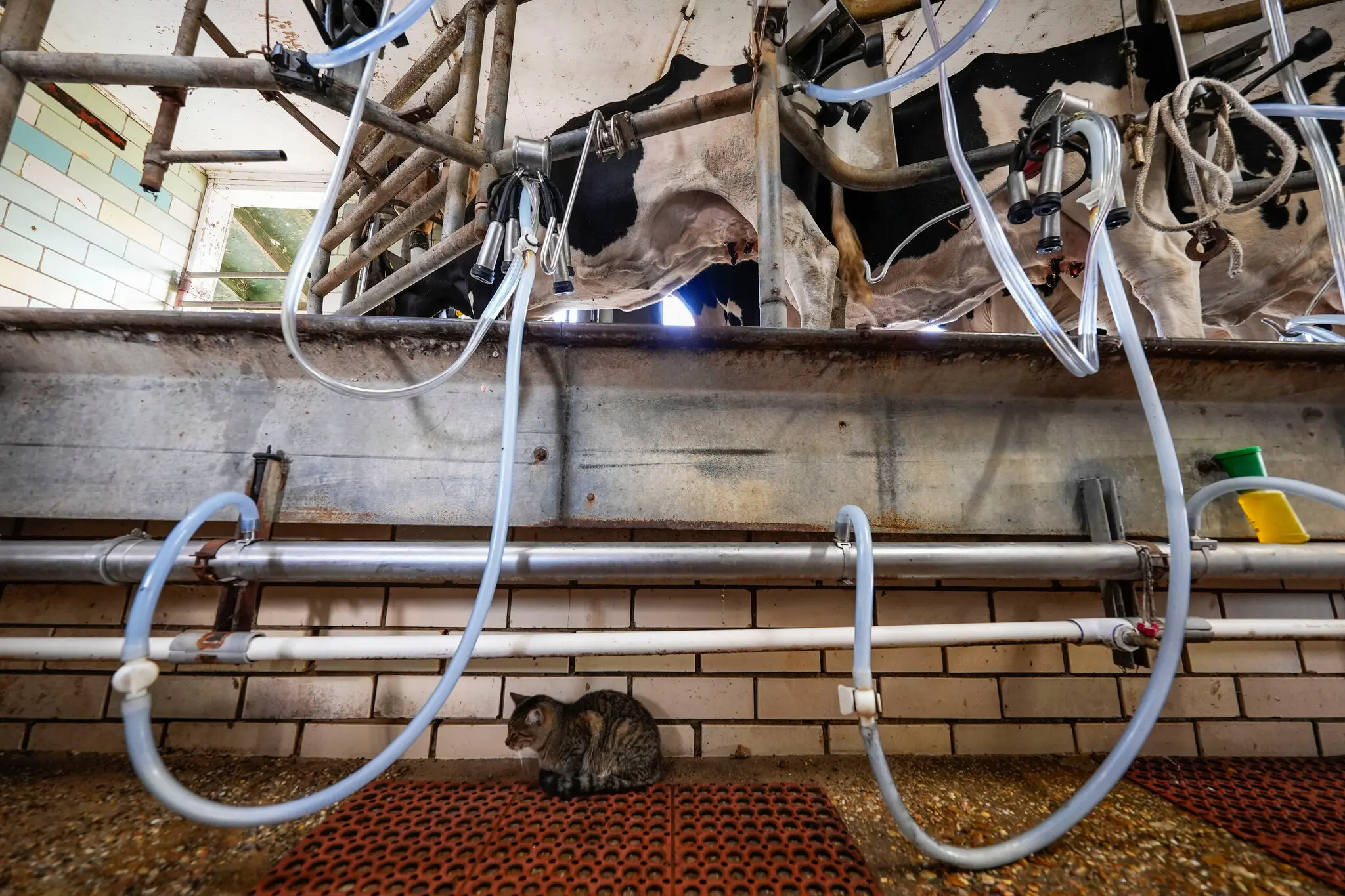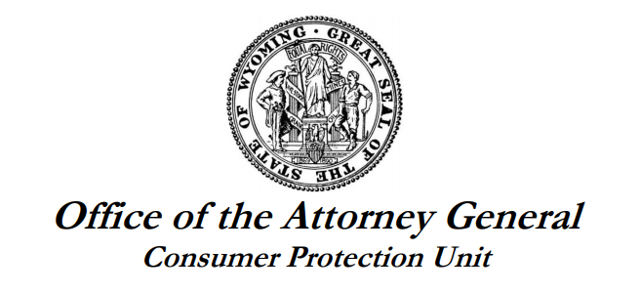A growing number of lawmakers in Wyoming are advocating for a shift toward partisan elections for the state’s top offices, including the position of attorney general, Gillette News Record reports.
A new bill, House Bill 102, which proposes to make the attorney general an elected, partisan office, has passed through a House committee. The bill, co-sponsored by Rep. Scott Heiner, R-Green River, aims to ensure that the attorney general represents the will of the people more directly.
Currently, the attorney general in Wyoming is appointed by the governor. Heiner, who is leading the push for this change, argues that an elected attorney general would better serve the people of Wyoming.
“We need to make sure that the people’s attorney represents, truly, the people,” Heiner said.
He also pointed out that Wyoming has been notably absent from many significant lawsuits brought forward by Republican-led states against the federal government, ranging from issues like immigration and healthcare to the opioid epidemic and environmental protection.
The proposed bill, which would create an elected attorney general starting in 2026, is seen by supporters as a move toward greater accountability. If passed, it would also adjust the state’s structure of elected officials, increasing the number of top elected officials from five to six. This change would involve the creation of a new role for the attorney general while keeping the current appointed attorney general in place until the 2026 general election.
Rep. Heiner emphasized that the proposed change would also provide a clearer and more balanced structure for who can direct legal action by the attorney general, allowing for more independence in representing the state’s interests.
“The attorney general would represent all of us,” Heiner said.
However, the bill has faced opposition, with some legislators concerned about the potential for increased politicization. Rep. Ken Chestek, D-Laramie, warned that adding another partisan office might lead to unnecessary conflict, especially in cases where the attorney general could be at odds with the governor’s stance on legal matters. He argued that an independent attorney general might prevent the state from joining lawsuits that could be divisive.
Despite these concerns, supporters of the bill, such as Committee Chairman Rep. Art Washut, R-Casper, believe that an elected attorney general would become more involved in the decision-making process, rather than serving merely as an advisory figure. They argue that this would strengthen the system of government by ensuring that all elected officials have a direct voice in the issues affecting Wyoming.
Rep. Lee Filer, R-Cheyenne, raised concerns about the potential for an ineffective attorney general to remain in office until the next election, but even these concerns have not deterred the bill’s supporters, who argue that voters should have the right to hold the attorney general accountable through elections.








